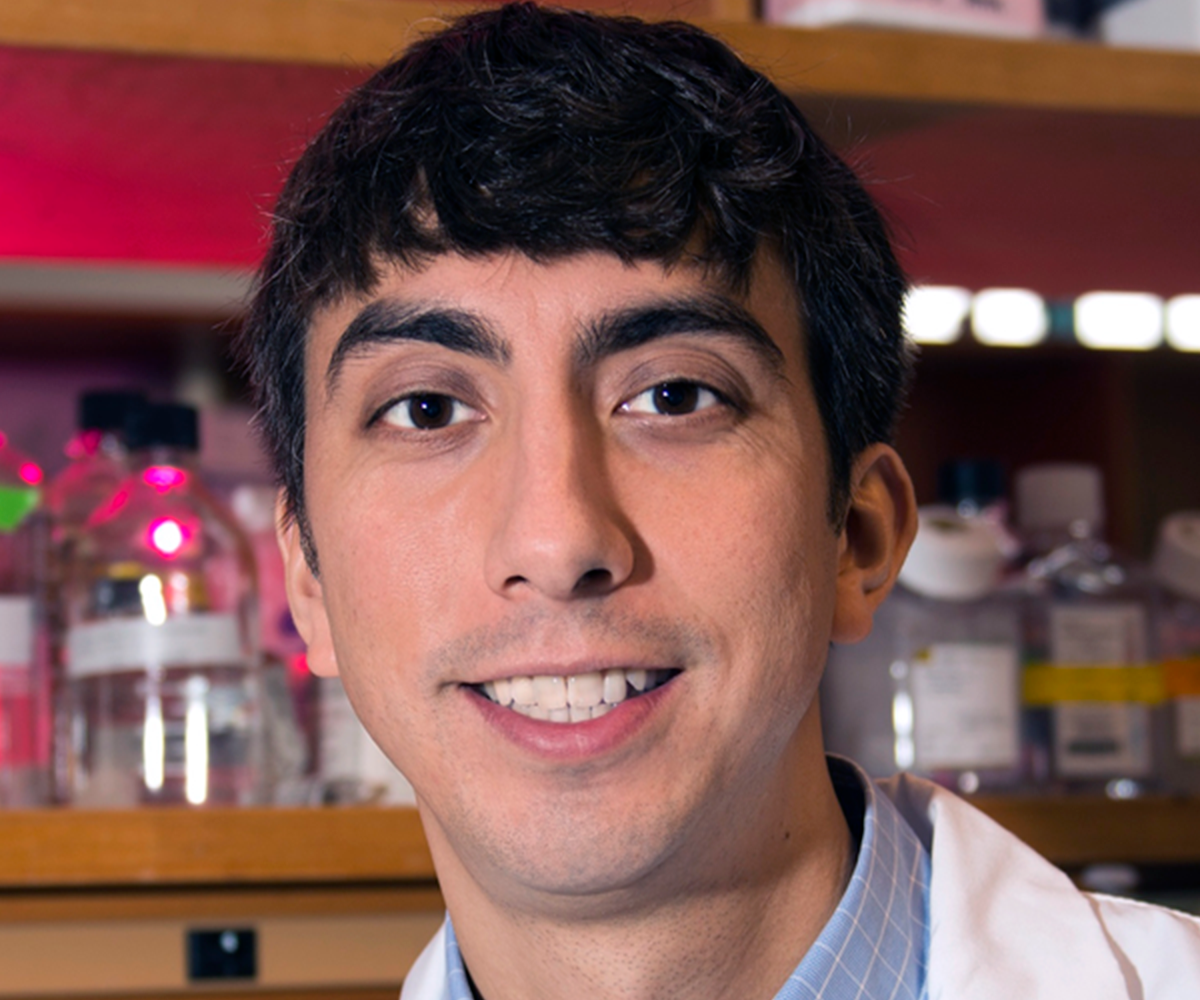

Researchers led by Ludwig Harvard’s Aaron Hata and Hideko Isozaki explored the mechanisms that drive resistance to targeted therapies like tyrosine kinase inhibitors in lung cancer. They reported in Nature in July that, based on their analysis of drug-resistant cell lines and patient tumor samples, treatment with common targeted therapies induces expression of a cytidine deaminase enzyme, APOBEC3A (A3A), that drives sustained mutagenesis in drug-tolerant cancer cells that persist during therapy. The APOBEC family has been implicated in tumor evolution, but it was unclear how its members contribute to the phenomenon. Aaron, Hideko and colleagues showed that A3A activity not only induces mutations known to be involved in drug resistance—like those of the ALK gene—but also promotes double stranded breaks to DNA, causing genomic instability in persister cells. This accelerates their accumulation of mutations, fueling tumor evolution. In support of that hypothesis, deletion of A3A resulted in a reduction of mutations in persister cells and a delay in the development of drug resistance. Further, tumor samples from lung cancer patients who responded to therapy for relatively long periods before developing drug resistance harbored mutational signatures associated with APOBEC activity. The researchers suggest that suppression of A3A expression or activity could be a powerful strategy for delaying or overcoming lung cancer resistance to therapy.
Therapy-induced APOBEC3A drives evolution of persistent cancer cells
Nature, 2023 July 5